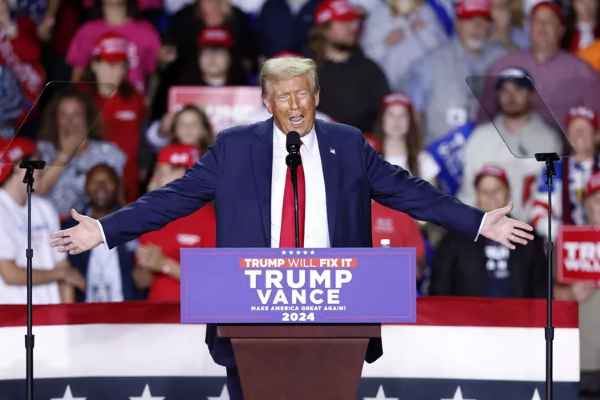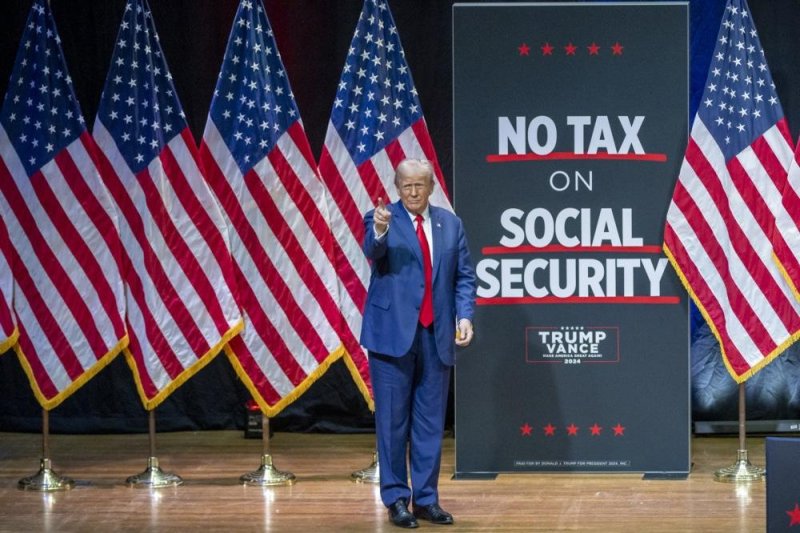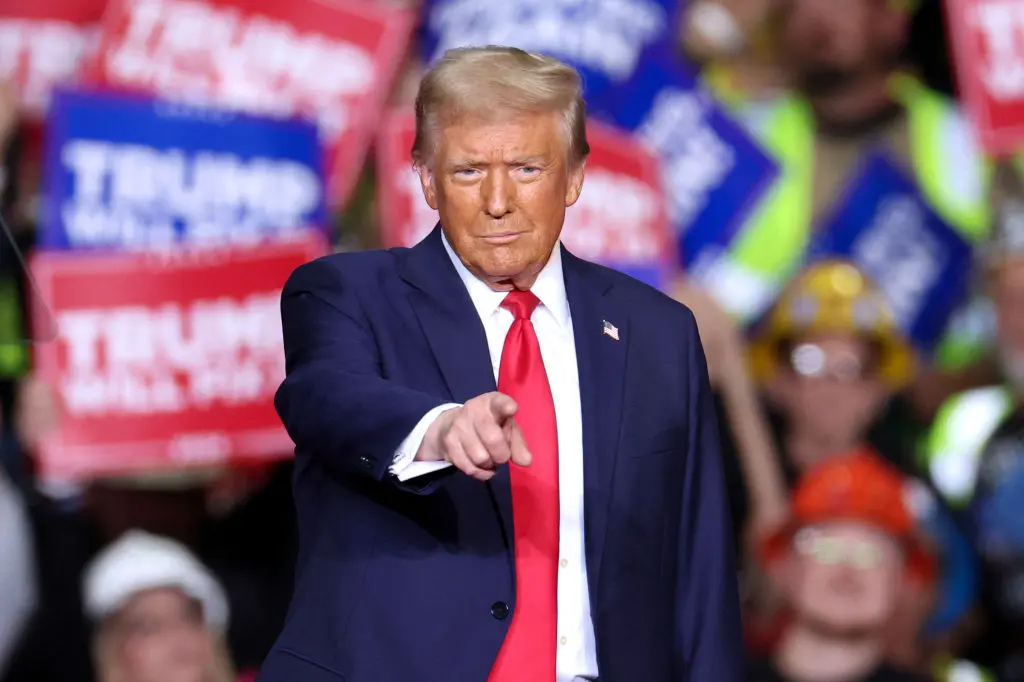Donald Trump’s victory in the 2024 presidential election sets the U.S. economy on a course shaped by his agenda. Here’s what that means.
The Associated Press called the election for the former president on Wednesday morning after a projected win in Wisconsin showed him with an insurmountable lead over Vice President Kamala Harris in the Electoral College.
His victory has immediate and longer-term consequences for the U.S. economy. In the short run, the U.S. avoids the uncertainty and disruption that a delayed result could have caused. In the longer run, Trump will have the chance to implement the vision laid out during his campaign, though his ability to do so will depend on which party controls the House of Representatives, and several of those races have yet to be called.
What Is Trump’s Economic Plan?
Trump’s economic plans, as he laid out during his campaign, could dramatically reshape the U.S. economy. Trump’s agenda focuses on tax cuts, cutting regulations, imposing heavy tariffs on foreign products, and deporting millions of immigrants.
Trump’s major economic plans include:
- Imposing tariffs of 60% or higher on Chinese imports and a broad tariff as high as 20% on imports from all countries.
- Extending the 2017 Tax Cuts and Jobs Act that expires in 2025, including keeping lower tax rates for high-income earners and corporations.
- Eliminating income taxes in numerous circumstances including on tips and overtime pay, for police, firefighters and veterans, and on Social Security benefits. He has also proposed making car loans tax deductible.
What Do Economists Think?
Trump’s economic agenda, if fully implemented, could stoke inflation and add to the federal spending deficit, according to multiple analyses by economists and other experts. If Democrats secure control of the House of Representatives, Trump would have a harder time getting any of his tax proposals through but would likely be able to impose tariffs regardless.
Higher tariffs would likely lead to higher prices on imported goods, according to numerous economic analyses. They would cost consumers up to $78 billion a year, according to an analysis by the National Retail Federation released just ahead of the election. For example, a toaster now priced at $40 would cost $48-$52 if Trump’s tariffs are fully implemented.
Deporting immigrants could also affect the economy by reducing the labor force, especially in the homebuilding industry, possibly leading to higher housing costs in the long run.
Trade on the Go. Anywhere, Anytime
One of the world’s largest crypto-asset exchanges is ready for you. Enjoy competitive fees and dedicated customer support while trading securely. You’ll also have access to Binance tools that make it easier than ever to view your trade history, manage auto-investments, view price charts, and make conversions with zero fees. Make an account for free and join millions of traders and investors on the global crypto market.
Source: Investopedia, https://www.investopedia.com/what-donald-trump-presidential-election-win-means-for-the-us-economy-8740252





